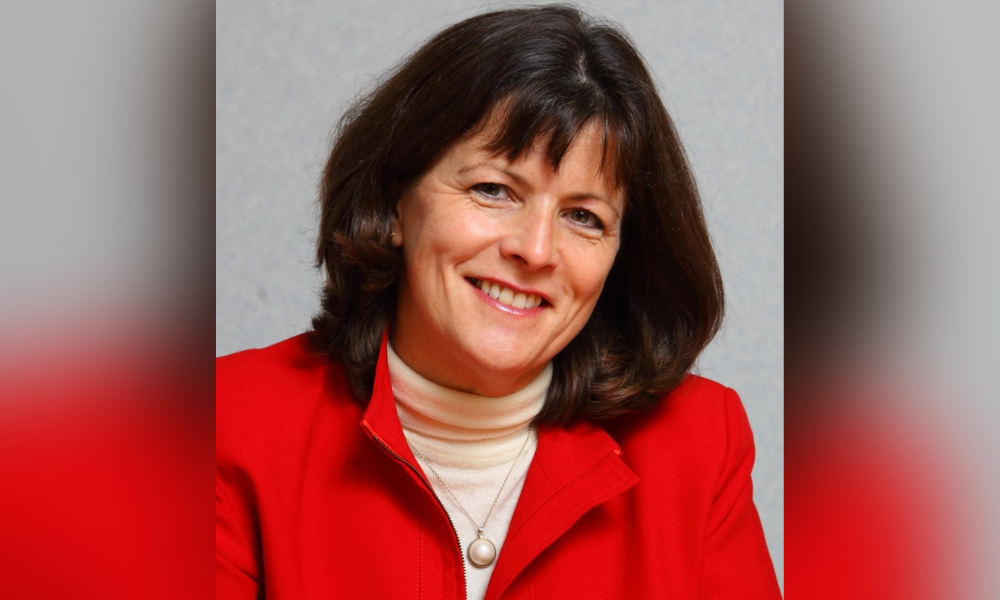'Britain's housing market has proved its resilience time and again, and 2023 will be no different'

UK housing and mortgage markets are in a strong position, despite the turmoil of recent months.
That’s the view of Kate Davies (pictured), executive director of the Intermediary Mortgage Lenders Association (IMLA).
“There is plenty of demand, with IMLA forecasts predicting that gross mortgage lending reached £310 billion in 2022,” she said.
Davies believes a slowdown or fall in price growth of 5%, which is expected in 2023, will not put much of a dent into house prices in real terms either. She pointed out that, over the two-and-a-half-year period between February 2020 and September 2022, prices nationally rose 28%.
Housing and mortgage markets are calming down
January’s rise in asking prices surprised some in the industry, but one instance against the trend is not a sign that we should throw out the forecasts, Davies said.
Average new seller asking prices rose again by 0.9% to £362,438 in January, representing the greatest increase this time of year since 2020, according to the Rightmove house price index.
Just as with recent reports that the UK economy grew slightly in November, against expectations, sometimes a monthly figure goes against the trend, but, Davies said, it also reminds us why we should look at the data from a distance.
“With markets calming after the turbulence of ‘Trussonomics’, we expect a largely stable year ahead,” Davies said.
While Davies admitted interest rates are higher than before and house prices could dip slightly, she said the UK has been here before.
“Those with experience of high interest rate environments will be telling newer members of our sector the same message; the sky is not falling. Britain’s housing market has proved its resilience time and again, and 2023 will be no different,” she added.
Demand side - New year, new me
Gary Das, founder of Active Financial, believes the January 2023 increase in asking prices is down to the ‘new year, new me’ state of mind.
“As we ended 2022, people were reluctant to do anything. The cost-of-living crisis, increased interest rates and Christmas are enough to make the housing market slow down,” he said.
Das added that demand is naturally higher in a new year as January is typically an exceptional month, after a period of inaction.
Read more: A contrarian view on house prices: why demand may recover quickly
While house prices do usually pick up at the beginning of a year, Das said the increases in asking prices will provide some comfort for movers who are looking for familiar trends.
“However, I believe we will still see small to large drops in value depending on the area and location of property this year,” Das said.
He added that people coming to the end of fixed rates and moving from below 2% to over 4% will result in numerous sales on residential property, as many people are already at their limit on affordability.
Das also believes that landlords who are no longer making a profit from their rentals, as well as accidental landlords, will see the increases in interest rates as too much aggravation to keep their properties, resulting in sales on this side of the market too.
“All that being said, demand still outweighs supply,” said Das, “and that is what keeps prices high, so while that continues, prices will remain elevated.”
What do you believe will happen to house prices over the course of the year? Let us know in the comment section below.



